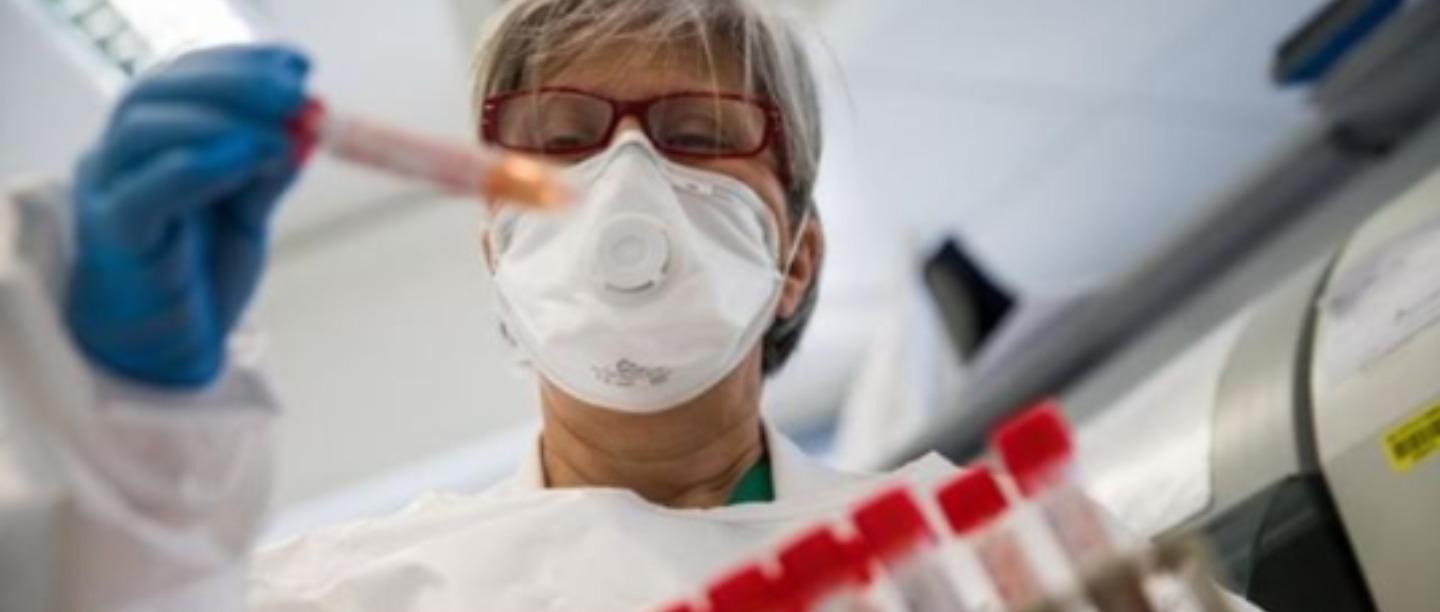There has been much debate after Russia made the announcement of producing the world’s very first batch of COVID-19 vaccines. As a faction of scientists and medical health experts across the world raise a concern about the safety of this vaccine, there are others who seek to come out with a more potent competitor as soon as possible. However, there still exists a lot of apprehension about the potency of a COVID-19 vaccine.
There’s very limited information that we currently have about the novel coronavirus. And amid all this scanty knowledge and alleged mutation claims, a lot of health care experts around the world project that vaccination might not be the one-stop solution to control the pandemic. However, a recent study published in medRxiv, gives us a ray of hope in this regard.
The study indicates that human immune system cells have been storing information pertaining to COVID-19 so as to make it possible for the host to fight it again. This study conducted by researchers from UW and Seattle’s Fred Hutch Cancer Research Center shows signs of long, lasting immunity even in those who have been mildly infected by the virus.
The findings of this study have been based on viral detection (reverse transcriptase-polymerase chain reaction, or RT-PCR) and antibody (serological) tests that were conducted on passengers on board a fishing vessel that left from Seattle, US. These tests were conducted before the vessel departed as well as upon its return and the findings were sent for assessment after a major outbreak of COVID-19 on the vessel.
During the vessel’s 18 days at sea, reportedly, 104 of the 122 crew members contracted the coronavirus from a single source. And it was found out that those who had previously recovered from COVID-19 didn’t contract the disease again.
“A total of 104 individuals had an RT-PCR positive viral test… yielding an attack rate on board of 85.2%. Only three crewmembers tested seropositive prior to departure in initial serological screening and also had neutralizing and spike-reactive antibodies in follow-up assays… None of these crewmembers showed evidence of bona fide viral infection or experienced any symptoms during the outbreak,” the study reads.
Since a total of 18 people on board did not contract the coronavirus, the researchers do acknowledge a small possibility that the three crew members with antibodies may not have been exposed to the virus at all. “There is always a possibility that they were not exposed but [that is] unlikely given the high attack rate,” said Alexander Greninger, the assistant director of the University of Washington (UW) Medicine Clinical Virology Laboratory and one of the authors of the study, in an interaction with a leading daily.
That said, this is not the only study in the recent time that projects a sustained presence of antibodies in those infected with COVID-19. As per a study published in Cell, disease-fighting antibodies, and both B cells and T cells (immune cells that are capable of recognising the coronavirus), appear to exist months after someone recovers from the infection.
“This is exactly what you would hope for,” said Marion Pepper, an immunologist at the University of Washington and an author on another recent study claiming the potency of antibodies in fighting the pandemic. “All the pieces are there to have a totally protective immune response,” he further added in an interaction with The New York Times.
Our immune system responds differently to different viruses and germs and doesn’t really have the capacity of remembering all of them the same way. However, there lies great hope in these studies as they posit that our bodies are seriously studying the novel coronavirus and retaining key information about it. An effective vaccine is currently our biggest bet in beating the pandemic and these studies project that a vaccine is indeed going to work!
Featured Image: Instagram





